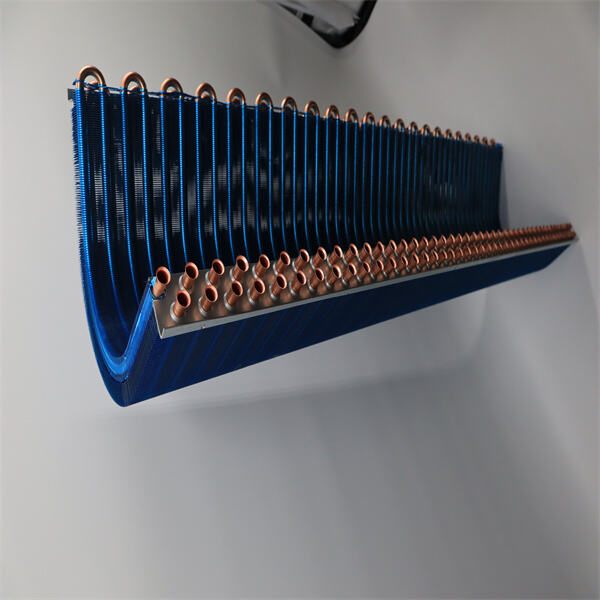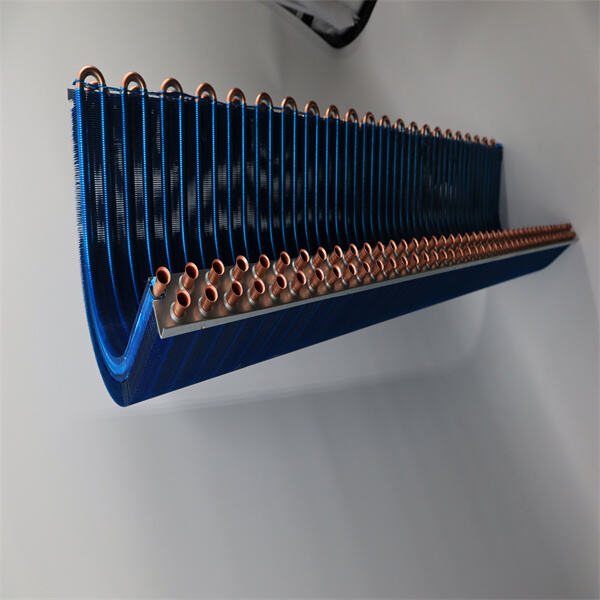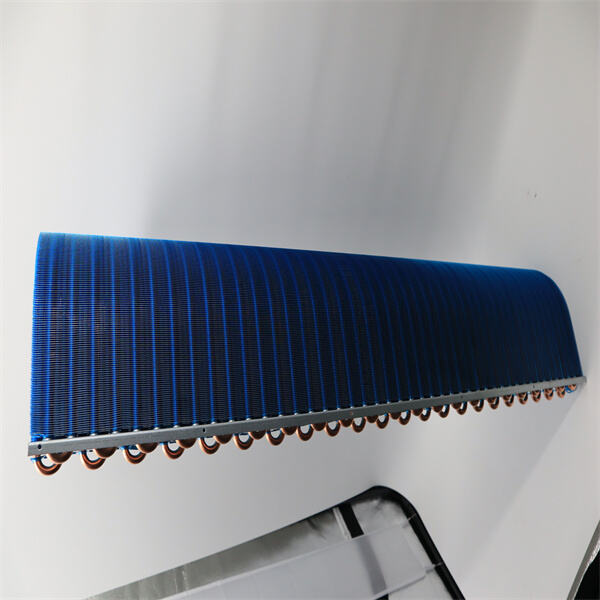This question refers to how we heat our homes during the cold winter months, most of us will be familiar with a typical domestic heating system. We all want to stay snug when it starts plummeting down right. Heating systems have one crucial component that stands out above the rest, called a heat exchanger. A heat exchanger is a neat little device that moves warmth around, keeping our houses or wherever we live at just the right temperature. Copper heat exchangers are a popular type among other types of heat exchangers because they have numerous advantages, thus making them the perfect choice for many engineers.
In the case of cars, power plants or ordinary heating systems, heat exchangers are used everywhere. So for this paper the focus will be on how a heat exchanger works in heating systems. In layman's terms, A heat exchanger is a device built for transferring and transmission of heat between two or more fluids which are held in distinct temperature without allowing the separate substances to combine itself. The fluid can be a liquid (water) or gas(air). Copper is used in such high quantity for heat exchangers simply because it does its job well when called upon.
Copper is of course a great heat mover. This implies that it can warm or cool areas rapidly for temperature control systems. This makes it a great material for outdoor construction activity as copper does not rust readily and so has longer lifespan compared to other products where they need regular repairs every year.
Air conditioning units — air cons also contain copper heat exchangers inside them. These components remove heat from the air and transfer it to a refrigerant that is circulated throughout your home, where warm air inside your building is pulled across an evaporating coil which cools the air in turn and releases cool fresh oxygen into ou residence.

With their exceptional strength and durability, copper heat exchangers are highly regarded for new installations. Like has been said, they rust as slowly is a good thing. They are also able to withstand extreme temperatures and pressures which makes them ideal for use in a wide range of applications. The copper heat exchangers are strong and they can maintain their peak performance under the harshest conditions, providing them long working life and excellent service capability.

Energy efficiency – Check for an energy-efficient copper heat exchanger. But there are also seers between 18 and View in gallery There. These factors help to limit global growth of air-conditioned rooms, as shown by the dramatic increase — from, units installed globally done will stay an excellent option for homeowners who live past two decades.

To sum up — copper heat exchangers are crucial parts of heating systems. They move design and produce heat, which is essential to keep our homes or workplaces hot in the winter. Copper heat exchangers have high-strength, performance excellence and anti-rust properties. Whether for your home or business, people opt copper heat exchangers due to their numerous benefits.